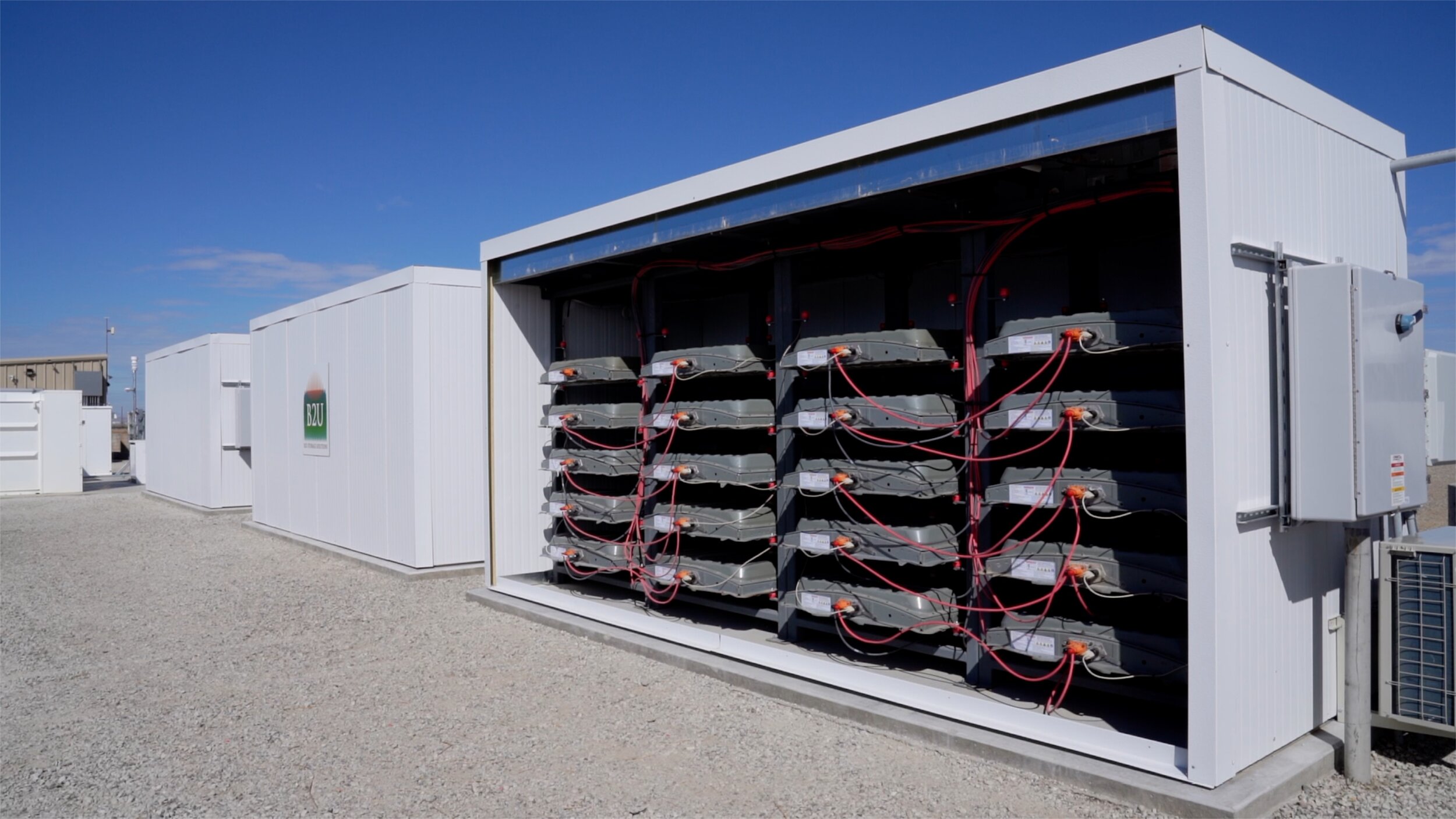This Southern California solar farm is using retired EV batteries for storing the power and then send to the grid when needed. This way the retired batteries can extend their usefulness for several…::A Southern California company is showing how repurposing EV batteries for stationary storage can extend their usefulness for several years.



If you have an android there should be a “protect battery” mode that literally caps the charge at 85%
I honestly thought once it got to 100% it stayed mains powered until unplugged to stop overcharging. Never realised 85% was optimal.
I think your right, its not going to keep cooking the battery. The problem is the battery doesn’t need to go over 85%. Your supposed to not let it go under 20 or over 85. Kind of hard to do.
The voltage of a Lipo corresponds to it’s charge level. So a Lipo at 4.2V (or in case of high voltage Lipos 4.35V) is full.
Up to ~80% of the charge, the lipo is charged by current limiting (basically, the voltage of the charging circuit raises so that it stays so much above the cell battery that it’s charging at a set current). This is the fast charging part of the charging process.
After the charging voltage reaches the maximum allowed cell voltage (4.2V/4.35V), the charging circuit cannot go above that voltage because it would risk overcharging and blowing up the cell. So the carging circuit holds the voltage at maximum level until the cell voltage catches up. Since the voltage difference shrinks with every bit of charge on the cell, so does the charging speed.
That’s why you only see “Charges the phone from 0-80% in X minutes” in the ads, and not 0-100%.
This means, that the charger in incapable of overcharging the phone.
But keeping the charger running even though it doesn’t charge the phone anymore wastes energy, so what they do once you reach 100% is that it will disable the charger until the voltage is down to 95%, when it will resume charging. That’s why it’s quite likely if you unplug the phone after charging overnight, that the battery is not at 100%, but slightly below.
Thanks, I knew it was better to not fully charge lithium ion batteries, but I didn’t know Android had a setting for this. Just enabled it now.